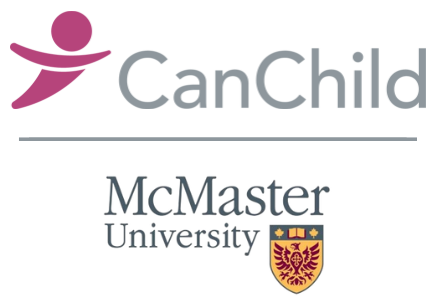In this communication we want to share our study protocol as part of a program to support physical activity for youth with cerebral palsy (CP) using a focus group methodology.
Read Resources
39 resources found
Determining Physical Activity Levels and Cardiovascular Health in Adults with Cerebral Palsy (Stay-FIT 20-40 years study)
In the Stay-FIT pilot study, it was determined that the physical activity level of adolescents with CP (mean age 13.5 years) was lower than that of their healthy peers. However, the vessel health was not statistically different.
Read Resources
Developmental trajectories of youth with disabilities, ages 12 to 25 years
This project was initiated and funded by the Ministry for Child and Youth Services (MCYS) in Ontario. The results of our synthesis have been used for the ministry’s development of a Youth Policy Framework, named stepping stones.
Read Resources
Are Services Meeting the Health Needs of Children with Cerebral Palsy?
Cerebral palsy (CP), one of the most common physical disabilities in childhood, is often associated with co-occurring health conditions, which often have a great impact on children and families. As a result, children with CP require a wide variety of health services.
Read Resources
The ‘Key Worker’ Model of Service Delivery
The ‘key worker’ model is a method of service delivery involving a person who works in a guide role with families.
Read Resources
The International Classification of Functioning, Disability, and Health (ICF): There is Always More Than a Single Story*
The ICF helps clinicians and families think about a broader and fuller picture of both the specific health information and the life situation of a patient.
Read Resources
Patterns and Predictors of Recreational and Leisure Participation for Children with Physical Disabilities
For children and youth, involvement in life situations includes participation in recreational and leisure activities as well as school and work activities.
Read Resources
Enhancing Fitness, Adaptive Motor Function, and Participation of Children with Cerebral Palsy Classified in Levels IV and V
This report will address adaptive motor function of children with cerebral palsy. Adaptive motor function enables performance of activities in daily life despite limitations in motor control of posture and movement.
Read Resources
F-words Knowledge Hub
In 2011, Dr. Rosenbaum and Dr. Gorter published a paper titled: “The ‘F-words’ in Childhood Disability: I swear this is how we should think!” Inspired by over two decades of CanChild research and continual discussion amongst members of the CanChild family, the paper features six F-words that…
Read Resources
